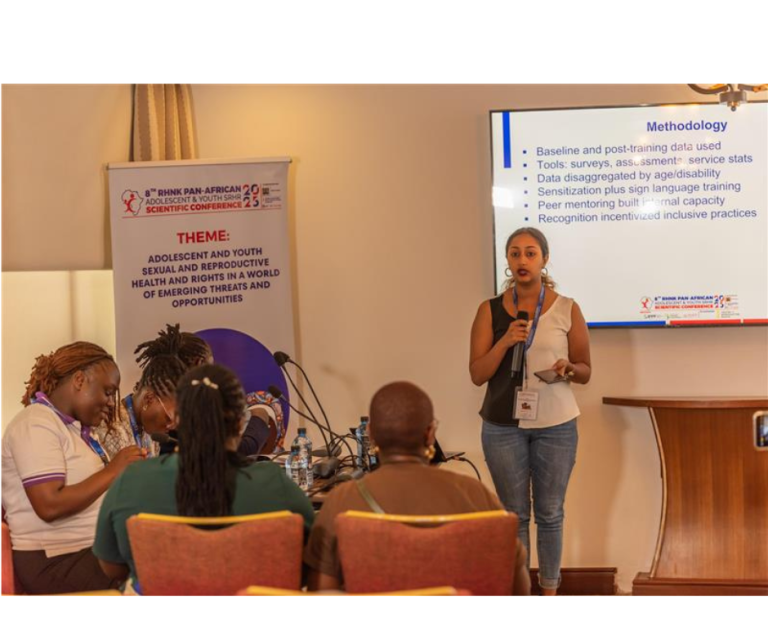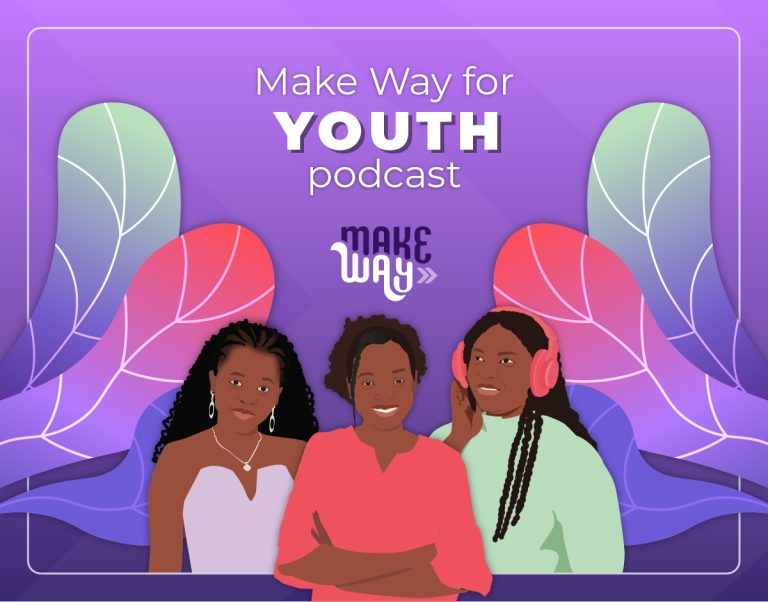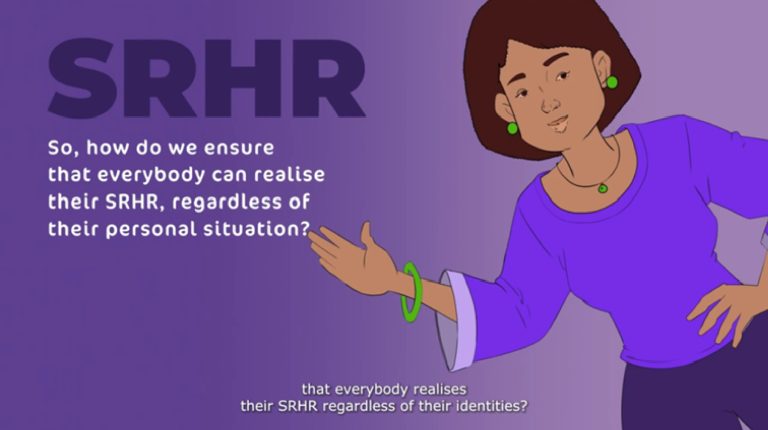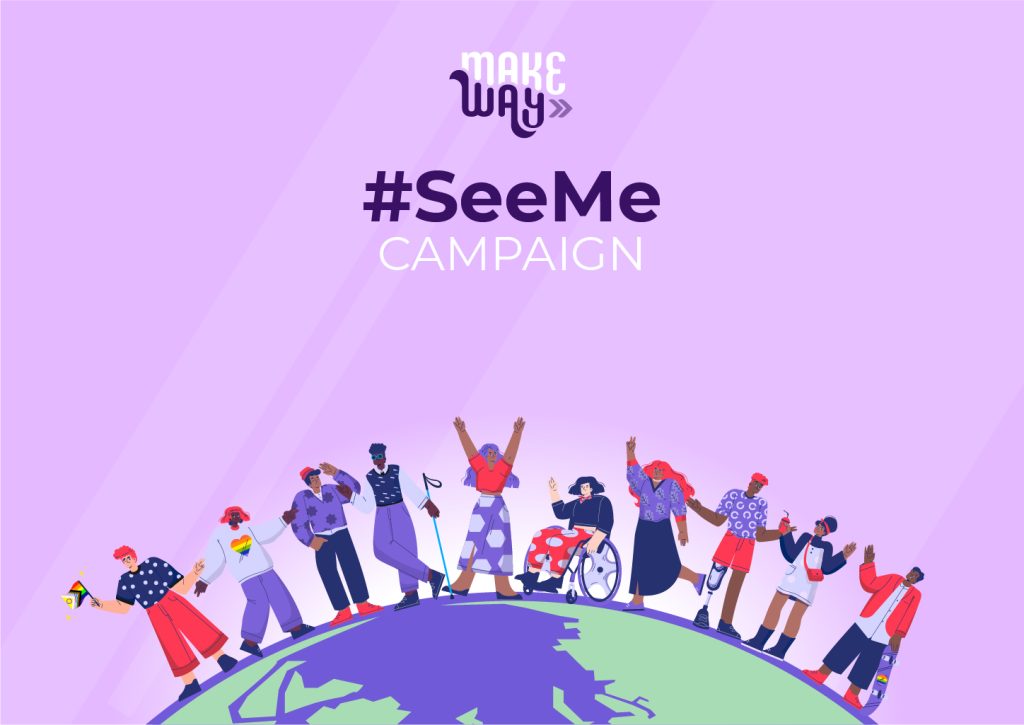Embracing intersectionality for health equity and justice
.All individuals, including people who are the most minoritised, should be able to realise their sexual and reproductive health and rights (SRHR). SRHR are human rights that allow people to make informed decisions about relationships, their bodies, family planning, sexuality and well-being. Rights that enable them to have access to a full range of sexual and reproductive health services.
The Make Way programme aims to break down barriers to SRHR by applying an intersectional lens. Making overlapping vulnerabilities visible helps us to understand their effects on a person’s SRHR. We develop and share intersectional tools, and also engage in mutual capacity strengthening with other civil society organisations, to advocate for much-needed policy and societal changes.
Join us in realising sexual and reproductive health and rights for all!
Toolkit
.The Make Way SRHR toolkit sets out to increase and improve the capacity, skills and knowledge of civil society groups and organisations. That will enable them to undertake game-changing intersectional SRHR lobby and advocacy. This toolkit consists of a wide range of tools – each with a different purpose – for the steps that make up an advocacy cycle.
Some tools build an understanding of the concept of intersectionality or help clarify values. Other tools are about applying the principles that underlie intersectionality in your approach to policy analysis, communication and community engagement.
Go to the toolsLatest updates

Make Way for Youth Podcast
.Make Way for Youth is a youth-led podcast that brings to the fore conversations on sexual and reproductive health and rights (SRHR) in sub-Saharan Africa. With co-hosts Warindi, Vilda and Bertha, this podcast offers a space to break taboos, normalise conversations on SRHR and provide inspiring stories into the work of SRHR youth advocates, religious leaders and civil society actors!
Make Way for Youth is a youth-led podcast that brings to the fore conversations on sexual and reproductive health and rights (SRHR) in sub-Saharan Africa. With co-hosts Warindi, Vilda and Bertha, this podcast offers a space to break taboos, normalise conversations on SRHR and provide inspiring stories into the work of SRHR youth advocates, religious leaders and civil society actors!






